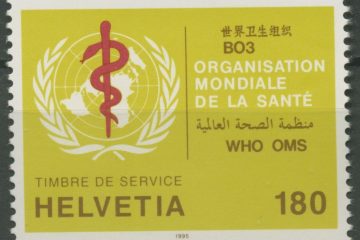Understanding Codex: Standards and Global Impact

Introduction
Codex, short for Codex Alimentarius, is a crucial set of international food standards. Established by the Food and Agriculture Organization (FAO) and the World Health Organization (WHO) in 1963, it aims to protect consumer health and facilitate fair trade practices. As more countries engage in global trade, the role of Codex becomes increasingly vital in ensuring food safety and quality, which is relevant in today’s interconnected world.
Current Developments
Recent discussions in Codex meetings have focused on improving food safety standards particularly in light of the ongoing challenges posed by the COVID-19 pandemic. Countries are pushing for amendments that will enhance protocols for sanitary and phytosanitary measures, reflecting lessons learned during the health crisis. For instance, during the 45th session of the Codex Alimentarius Commission held in July 2022, multiple resolutions were passed to address issues such as antimicrobial resistance in food and the importance of setting guidelines for novel food products, including lab-grown meat.
Moreover, the ongoing global climate crisis is prompting Codex to consider sustainability in food production. The integration of environmental considerations within food standards has become a priority. In recent workshops, experts discussed the need for guidelines that would encourage responsible sourcing and environmentally friendly agricultural practices.
Regional Insights
In India, the Food Safety and Standards Authority of India (FSSAI) continues to align national regulations with Codex standards. This alignment is crucial not only for ensuring consumer safety but also for enabling Indian products to compete in the global market. The recent amendments to food labeling regulations in India demonstrate the active engagement with Codex principles, aiming to enhance transparency and inform consumers.
Conclusion
The significance of Codex standards cannot be overstated. As countries navigate the complexities of global trade, adherence to Codex becomes a key factor in ensuring food safety and promoting public health. The future of food regulations will likely see a deeper integration of health safety measures with sustainability protocols, reflecting the global call for a more responsible food system. For consumers, this means better quality, safer food options and the reassurance that international regulations protect their health while fostering fair trading practices.









